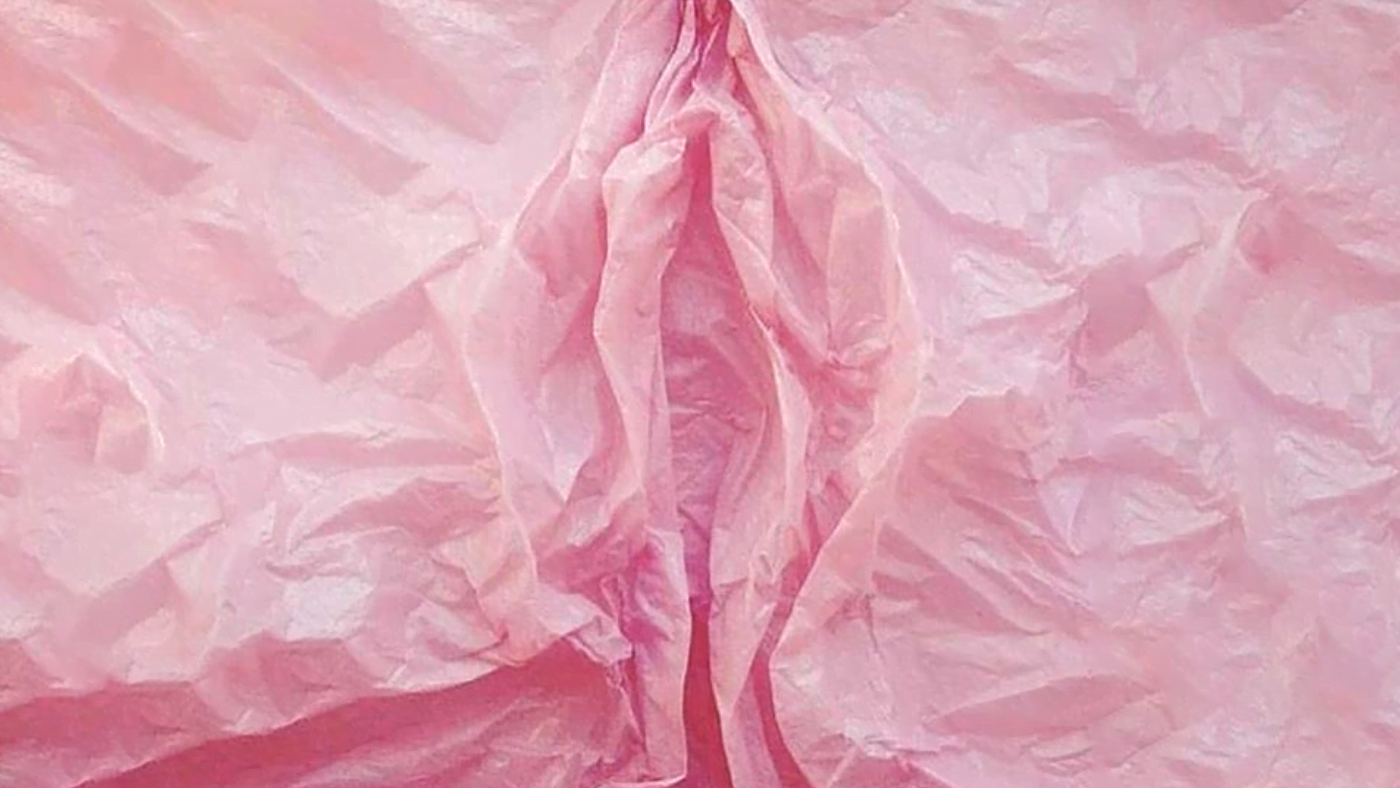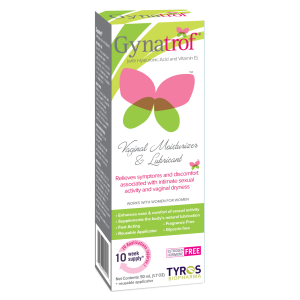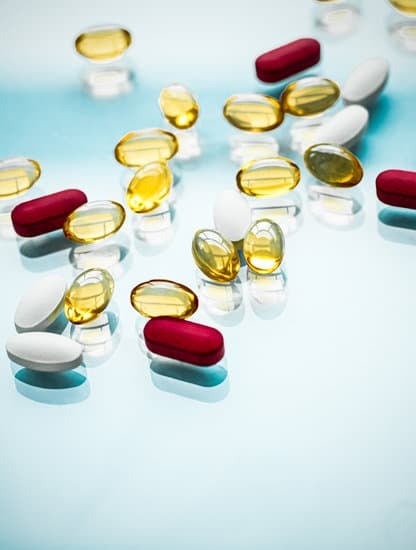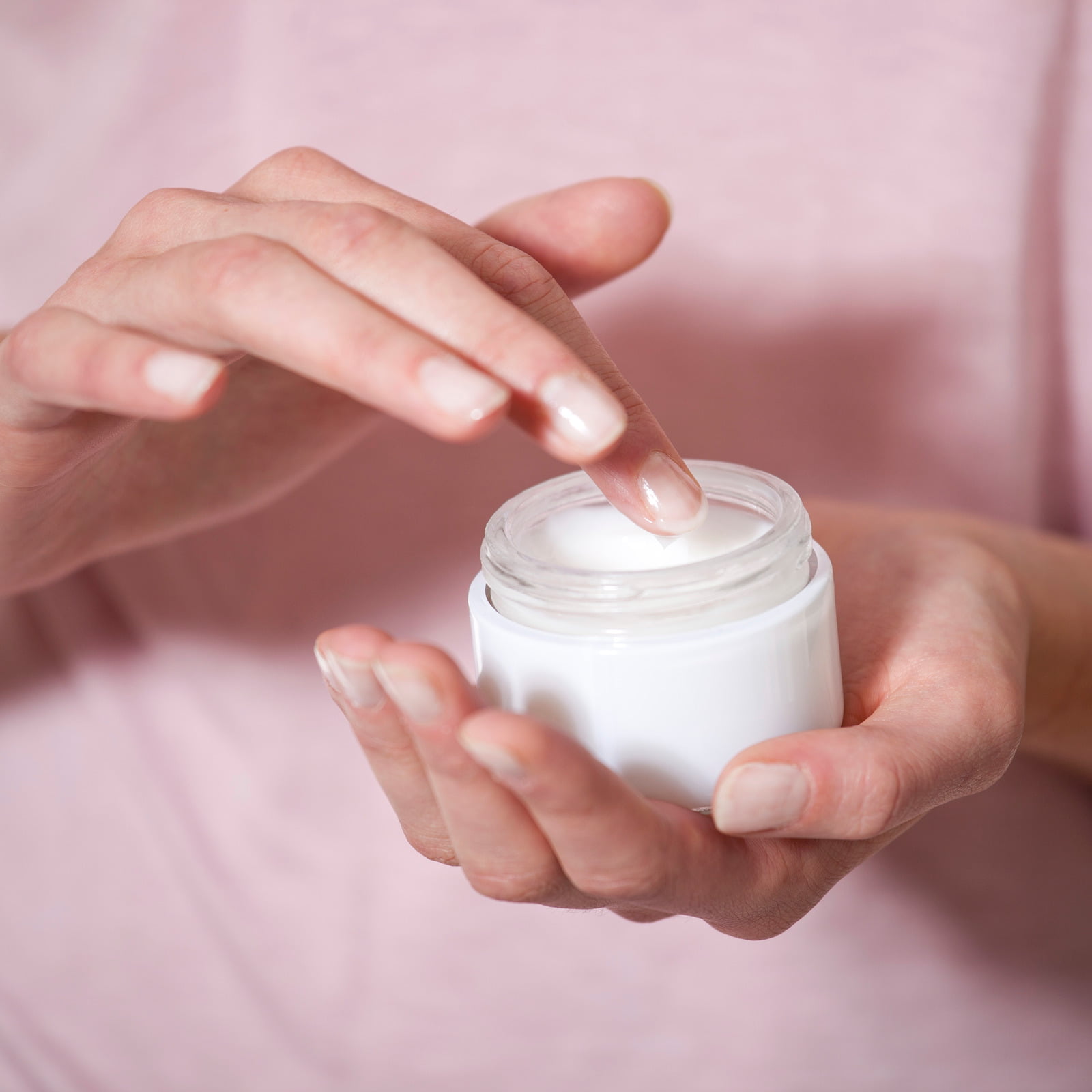What is Vaginal Dryness?
A woman’s vaginal health is an integral part of her overall health. Feminine dryness may be a problem for women at any age. A decrease in estrogen secretions can have several adverse effects on the body, including inadequate lubrication of the vaginal walls, leading to dryness. This is highly irritating and uncomfortable for a woman and can negatively impact vaginal health by causing soreness, painful intercourse, bleeding, and infection.
Role of Estrogen in Feminine Dryness
Estrogen is a hormone that plays a vital role in vaginal health. It helps keep the vagina moist and healthy by increasing blood flow to the area and stimulating the production of vaginal fluids. When estrogen levels decline, as they do naturally during menopause, the vagina can become dry and irritated. This can lead to discomfort during intimacy and make it more challenging to maintain vaginal health.
- Estrogen helps to keep the vaginal walls thick and elastic. This helps to protect the vagina from injury and infection.
- Estrogen also helps to maintain the pH balance of the vagina. A healthy pH balance helps to prevent the growth of harmful bacteria.
- Estrogen also helps to stimulate the production of vaginal fluids. These fluids help to keep the vagina moist and comfortable.
Menopausal Transition and its Connection to Vaginal Dryness
The menopausal transition is a natural phase in a woman’s life that marks the end of reproductive capability. It is characterized by significant hormonal changes, particularly a decline in estrogen production, which can affect the body, including developing feminine dryness.
During menopause, the ovaries gradually decrease their estrogen production, resulting in hormonal imbalances. Estrogen plays a crucial role in maintaining the health and function of the vaginal tissues, including the production of vaginal lubrication. As estrogen levels decline, the vaginal walls may become thinner, drier, and less elastic, leading to symptoms of vaginal dryness.
The duration of the menopausal transition can vary from woman to woman, but it typically lasts for several years. Symptoms of feminine dryness can emerge during perimenopause, the stage leading up to menopause, when hormonal fluctuations and irregular menstrual cycles occur. These symptoms may persist throughout menopause and, for some women, even into postmenopause.
Breastfeeding and Vaginal Dryness
Breastfeeding can also impact vaginal health, potentially leading to symptoms of vaginal dryness. The body undergoes specific hormonal changes during breastfeeding to support milk production and lactation. One of the essential hormones involved is prolactin, which stimulates milk production. Prolactin levels are elevated during breastfeeding, affecting the balance of other hormones, including estrogen. Elevated prolactin levels can inhibit estrogen production, leading to lower estrogen levels in the body. This hormonal imbalance can contribute to feminine dryness.
Other Factors Affecting Feminine Dryness
- Medical conditions and medications: Dryness can result from various medications, such as antihistamines, antidepressants, hormonal contraceptives, and cancer treatments.
- Psychological factors: Insufficient arousal, stress, and anxiety can affect the body’s lubrication, causing dryness.
- Lifestyle factors: Overusing vaginal douches, harsh soaps, or chemical-based products, cigarette smoking, and dehydration can contribute to dryness by disrupting the vagina’s natural balance, reducing estrogen levels, or affecting overall moisture levels.
Impact of Vaginal Dryness
The severity varies from woman to woman, but it is irritating and uncomfortable and significantly impacts the quality of life. Some impacts include Itching, burning, pain, bleeding, recurrent UTI, and urinary frequency or urgency.
How to Resolve Vaginal Dryness
- Stay hydrated by drinking plenty of water. Staying hydrated helps to keep the entire body, including the vagina, moist. Aim to drink eight glasses of water per day.
- Avoid harsh soaps and hygiene products. Harsh soaps and hygiene products can strip away the natural moisture from the vagina. Instead, use gentle, fragrance-free soaps or plain water.
- Use vaginal moisturizers and lubricants. Vaginal moisturizers and lubricants, like Libi -Tight Femme Gel 30g, that contain hyaluronic acid help add moisture to the vagina and keep it healthy.
- Make lifestyle adjustments. Lifestyle factors like smoking, stress, and poor diet can contribute to dryness. Quitting smoking, managing stress, and eating a healthy diet can help to improve vaginal health.





